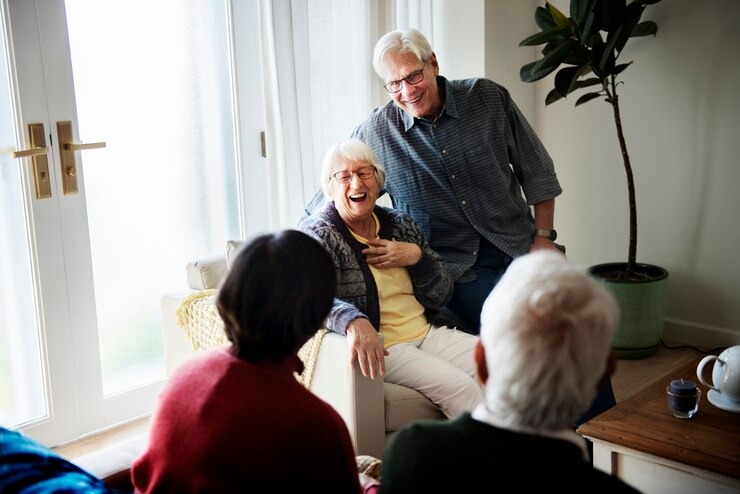Dementia is a progressive condition that gradually affects memory, thinking, and daily life. While the experience may look different for each person, most follow a similar journey through cognitive decline. Understanding the early, middle, and late stages of dementia can help families recognize changes, provide appropriate care, and navigate the path ahead with more confidence and compassion.
This guide walks you through each stage of dementia, offering insights into common symptoms and practical ways to support your loved one. By being informed, you can help reduce uncertainty and provide care that meets your loved one’s evolving needs.

Early Stage Dementia: Recognizing the First Signs
The early stage of dementia, sometimes called mild dementia, often begins subtly. Changes in memory or behavior may be mistaken for normal aging or stress. Most individuals are still able to live independently, but they may benefit from reminders and gentle support. This is also when Alzheimer’s disease is often first diagnosed.
Early planning and emotional support can make a meaningful difference during this time.
Common signs include:
- Forgetting recent conversations, appointments, or frequently misplacing items
- Difficulty with planning or organizing tasks, like managing finances or schedules
- Mood changes such as anxiety, confusion, or irritability in familiar situations
- Trouble with directions or getting lost in once-familiar places
Care Tips:
- Be patient and offer gentle reminders without sounding critical
- Encourage healthy routines with exercise and cognitive activities
- Begin discussing long-term care preferences and legal planning
- Provide emotional support and help ease feelings of worry or frustration

Middle Stage Dementia: Increased Support and Supervision
During the middle stage, cognitive and functional decline become more noticeable. Your loved one may begin to require help with daily tasks such as dressing, bathing, or eating. Memory loss deepens, communication becomes more difficult, and behavioral changes can become more pronounced.
This stage is often one of the most demanding for caregivers, making consistent routines and added support essential.
Common signs include:
- Difficulty remembering personal history or recognizing familiar faces
- Disorientation to time and place
- Repetitive questions or jumbled speech
- Behavioral changes like aggression, paranoia, or wandering
- Challenges with hygiene and personal care
- Changes in sleep patterns and appetite
Care Tips:
- Create a simple, structured daily routine to minimize confusion
- Offer clear instructions and limited choices
- Use memory aids such as labeled drawers, clocks, or photo albums
- Explore support options such as adult day programs, home care, or memory care communities

Late Stage Dementia: Providing Comfort and Full-Time Care
In the late stage of dementia, individuals experience significant cognitive and physical decline and become completely dependent on others for care. Verbal communication may be minimal or lost, and mobility and physical functioning decline, requiring full-time, hands-on support.
This is often the most emotionally difficult stage for families, as their loved one may no longer recognize them or respond as before.
Common signs include:
- Severe memory loss, including inability to recognize close family
- Limited or no verbal communication
- Loss of motor skills, including walking, swallowing, or controlling movements
- Increased risk of infections such as pneumonia or urinary tract infections
- Total dependence for daily activities like eating, bathing, and dressing
Care Tips:
- Focus on comfort, dignity, and gentle touch
- Play familiar music or use scents to promote calm and connection
- Monitor for nonverbal signs of pain or discomfort
- Maintain regular medical care and consider hospice services when appropriate
Final Thoughts: Walking the Dementia Journey with Compassion
Understanding the stages of dementia helps families prepare for what lies ahead and provide thoughtful, loving care. Each stage presents unique challenges, but with the right information, support, and planning, families can help their loved one maintain comfort, connection, and dignity throughout the journey.
At Grand Brook Memory Care, we’re here to walk alongside you. Our communities are designed to meet the changing needs of individuals living with dementia, and our team is committed to providing compassionate, expert care every step of the way.
If you’re seeking guidance or support, contact us today to learn how Grand Brook can help care for your loved one and your family.


